 By:
Edit 25
By:
Edit 25
If you’re just starting out in the world of cannabis cultivation, you’ve probably come across the term seed bank. But what exactly does it mean, and why is it so important?
A seed bank is a company or institution that stores, breeds, and sells seeds—specifically cannabis seeds, in this context. These organizations offer a wide range of strains, from classic favorites to new hybrids, and often provide detailed information about each one’s effects, growth characteristics, and genetics.
In this article, we’ll break down what a seed bank is, how it works, the different types that exist, and how to choose the right one for your growing needs. Whether you’re a hobby grower or planning a serious harvest, understanding how seed banks operate is essential to starting with strong, healthy plants.
At its core, a seed bank serves as a secure place to preserve and distribute cannabis genetics. But beyond just storing seeds, seed banks play several important roles in the cannabis ecosystem:
So when you choose a seed bank, you’re not just buying seeds—you’re gaining access to genetic knowledge, breeding expertise, and a support system for your grow.
Not all seed-storing organizations operate with the same goals. Broadly speaking, they fall into two categories: those focused on commercial supply, and those dedicated to long-term preservation of plant genetics.
These are the most familiar to home growers and cannabis enthusiasts. Their main purpose is to produce and distribute seeds ready for cultivation. They often collaborate with breeders to create new strains and typically offer a wide selection, including feminized, autoflowering, and regular varieties.
These companies usually ship internationally, provide strain guides and growing tips, and serve everyone from hobby growers to licensed producers seeking high-quality, viable seeds.
Also known as gene banks, these institutions are dedicated to preserving plant diversity for future generations. While some may include cannabis in their collections, they primarily store seeds from native, endangered, or agriculturally valuable plants.
They don’t usually sell to the public. Instead, they support research and biodiversity initiatives, often working with universities, scientists, and government agencies. A prime example is the Svalbard Global Seed Vault in Norway, which houses seeds from around the world in deep-frozen conditions.
Understanding which type of facility you’re dealing with helps set expectations—whether you’re planning to grow now or explore genetics for the long term.

With so many options available, choosing the right seed bank can be a bit overwhelming—especially for new growers. Not all seed banks offer the same quality, service, or reliability. Here are some key factors to consider when selecting a trustworthy provider:
Taking the time to choose a trusted seed bank ensures you start your grow with strong genetics and peace of mind. Avoid fly-by-night websites or any seller that lacks transparency about their strains or shipping policies.
For those new to cannabis, it’s common to mix up seed suppliers and dispensaries. While both play key roles in the cannabis landscape, they cater to very different needs.
These businesses specialize in selling cannabis seeds for cultivation purposes. Their customers typically include home growers, licensed producers, and breeders. Their focus lies in plant genetics—they offer detailed profiles on strain characteristics, effects, yields, and growing difficulty. Importantly, they do not sell dried flower or any processed cannabis—just the seeds.
In contrast, dispensaries are retail outlets that provide cannabis products for consumption. This can include dried flower, edibles, concentrates, topicals, and oils. Although some might carry a few packs of seeds, their main role is to serve recreational users or medical patients, depending on regional regulations.
If your goal is to cultivate your own plants, a dedicated seed seller is your best starting point. They offer the foundation—strong genetics, strain information, and growing advice—to help ensure success.
Whether you’re starting your first grow or refining your craft, choosing a reputable provider of seeds is a critical step. It affects everything from plant health to harvest quality, long before your crop takes root.
These suppliers do more than sell: they safeguard genetic diversity, support growers with resources, and provide access to premium cannabis strains. Understanding how they differ from dispensaries, and how to choose the right one, empowers you to make better cultivation decisions.
Bottom line? With the right source for your seeds, you’re already on the path to a healthy, satisfying harvest.
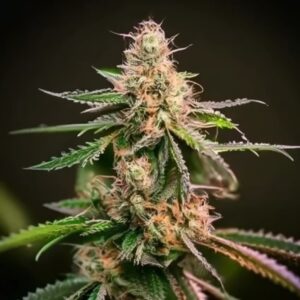


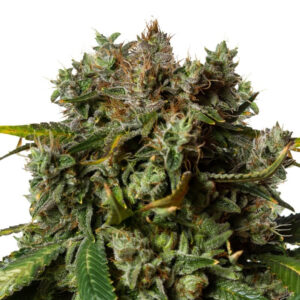

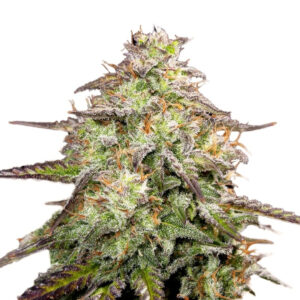
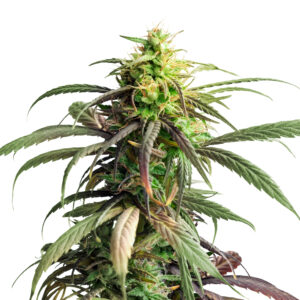






Related Posts
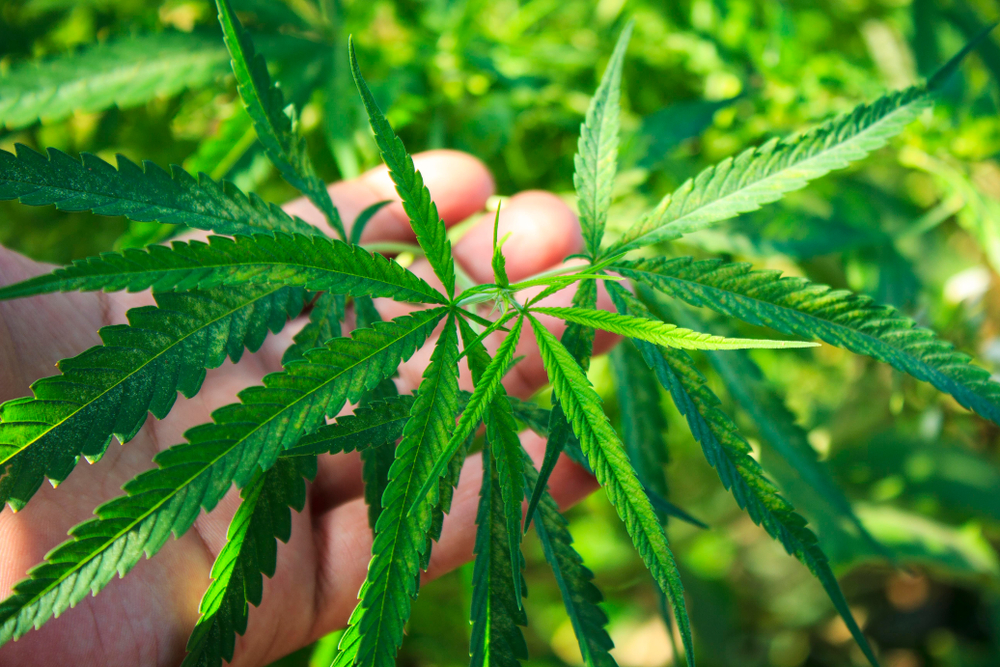
The cannabis plant is one of the most researched plants in the world. In addition to the relatively well-known substances (cannabinoids) THC and CBD, the plant consists of hundreds of different chemical components. Learn more about the cannabis plant in this article.
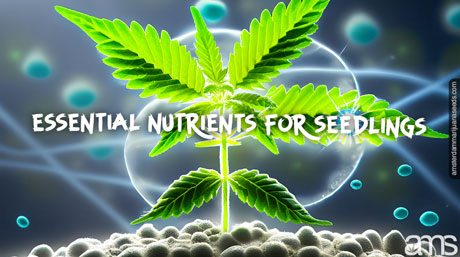
This article refers to following topics: cannabis nutrient seedlings, do marijuana seedlings need nutrients, cannabis nutrients for plants, marijuana nutrient seedlings, do cannabis seedlings need nutrients, marijuana nutrients for plants.
In this article you will find answers to following questions: What are the essential nutrients for optimal growth of cannabis seedlings, how important is nutrient supplementation for marijuana seedlings, what…
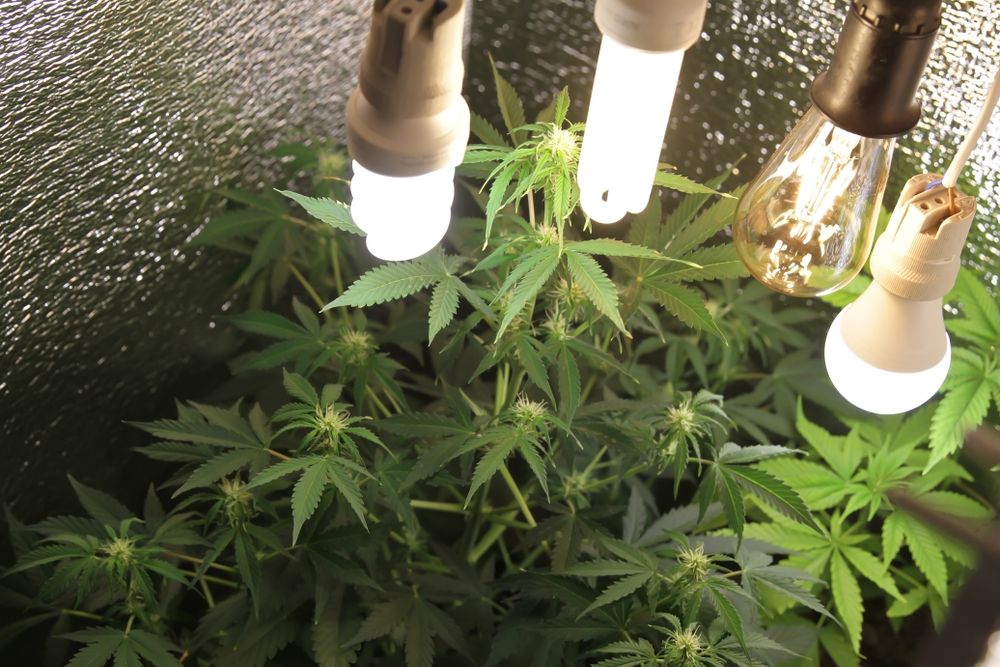
In the sprawling world of cannabis cultivation, the vast range of strains available is genuinely mind-boggling. Whether you’ve just decided to buy cannabis seeds for the first time, or you’re a seasoned grower contemplating your next strain, understanding the factors.